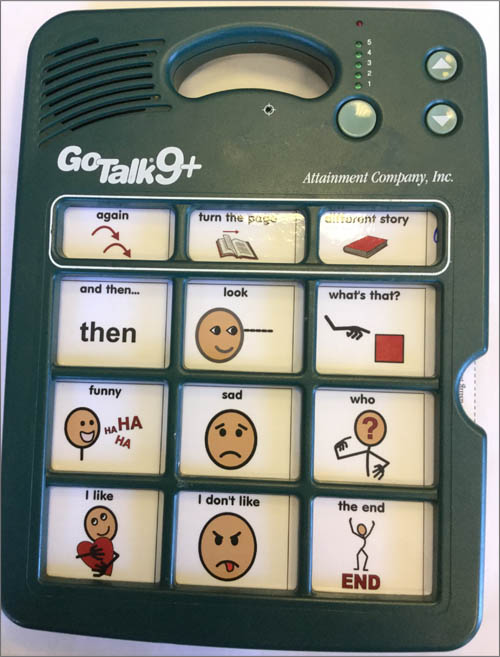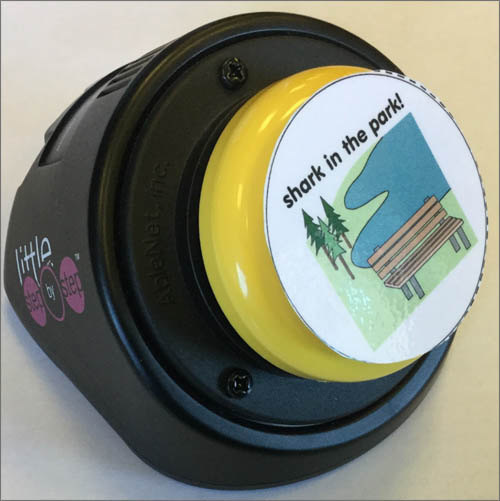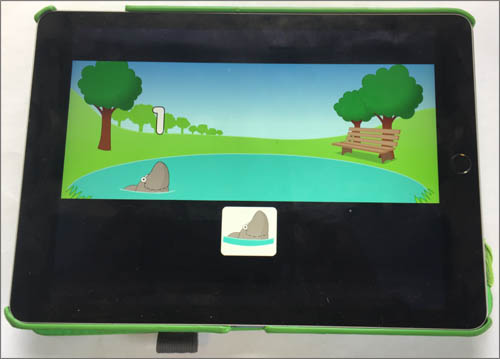
The term 'severe and complex support needs' can be used to describe children and adults with multiple barriers to learning such as communication, cognition, sensory (vision & hearing) and physical.
The population of individuals with Profound and Multiple Learning Difficulties (PMLD) are often also included within the 'Complex Needs' description.
Some individuals with Autism Spectrum Conditions (ASC) may also be described as having complex support needs due to the complexity of their communication, cognitive and sensory difficulties.
Technology has the potential to reduce or eliminate barriers to learning for this population, offering solutions for communication and access across all areas of life.




Our social media sites - YouTube, Twitter and Facebook